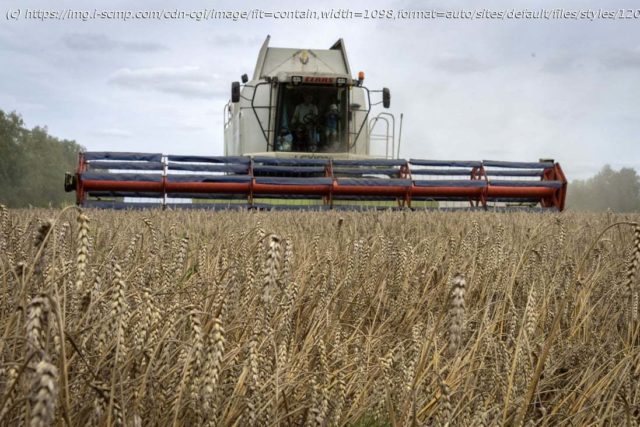Russia’s refusal to renew the pact that allowed Ukraine export grain via the Black Sea corridor will have little immediate impact due to the current harvest season in the northern hemisphere.
The collapse of the Black Sea export corridor , which allowed the export of more than 32 million tonnes of Ukrainian grain over the past year, should have little immediate impact but over the medium term create market tension and push up food prices.
The situation is very different from February 2022, when Russia invaded Ukraine , which cut off shipping in the Black Sea, the main export route for Ukrainian agricultural products.
Kyiv was the world’s top exporter of sunflower seed oil and the fourth-largest for wheat and corn, and its exit from global market sent prices to record highs in May.
The opening of the export corridor on August 1, 2022, helped ensure supplies for importing nations and bring down prices, even if the conflict has cut Ukrainian farm output.
Wheat output is forecast to drop to 17.5 million tonnes in the 2023-2024 season from 33 million tonnes in the 2021-2022 season.
For corn, production is expected to fall to 25 million tonnes from 42 million tonnes.
“In 2023-2024, Ukraine should export six million tonnes less of wheat and 10 million tonnes less of corn,” said Gautier Le Molgat, an analyst at Agritel, which provides data and analysis on agricultural markets.






